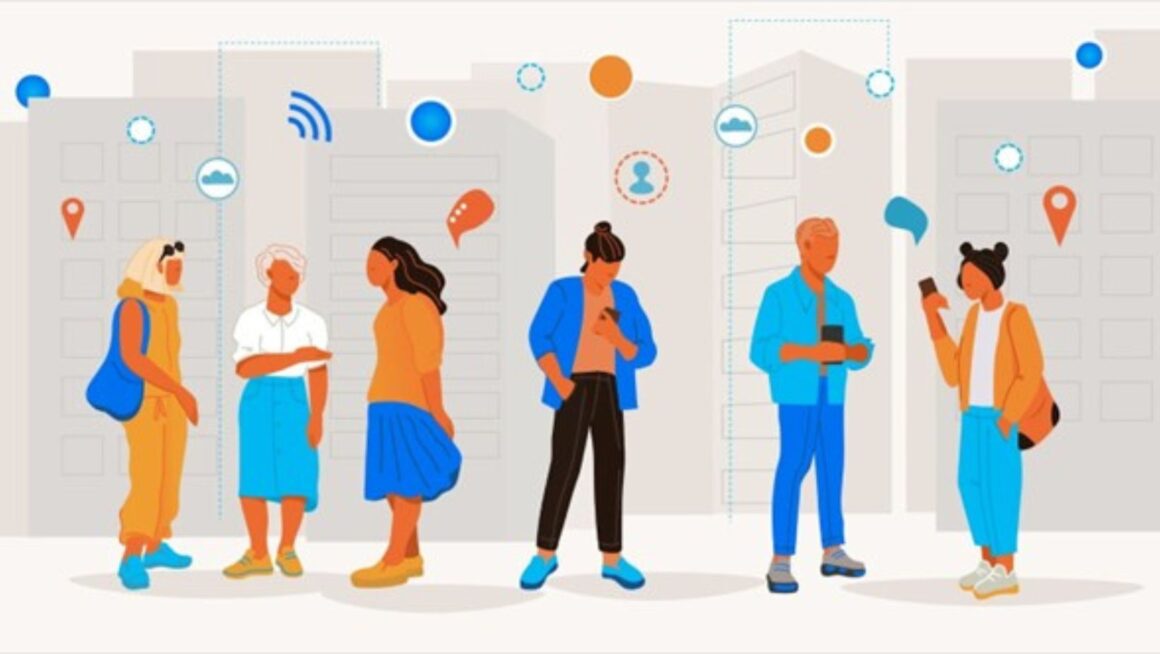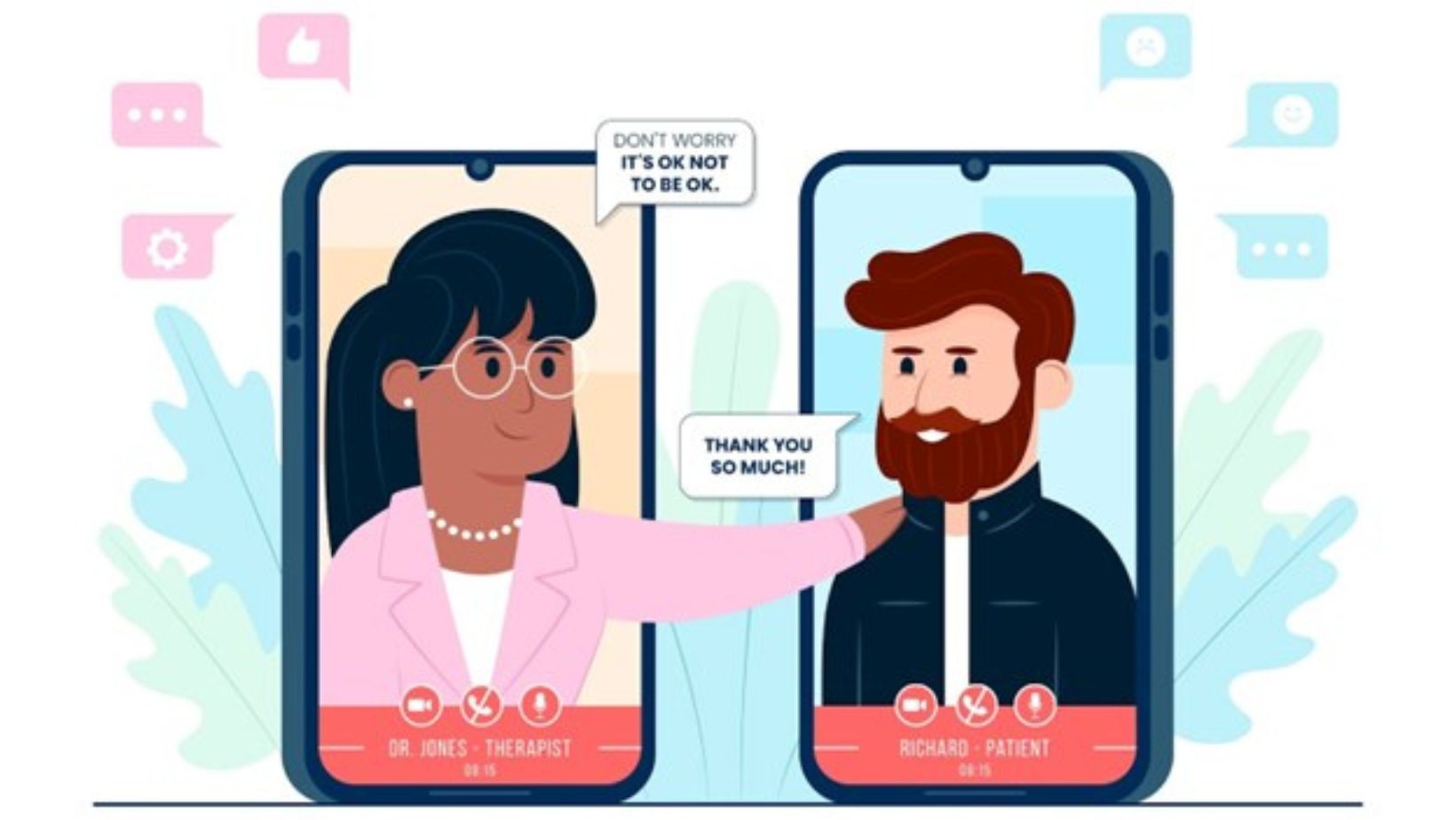Nearly 4.9 billion people were active on social media in 2023. This interconnectedness has transformed human interactions.
Digital relationships are redefining societal norms and expectations. They have created opportunities for cross-cultural exchange and understanding. These virtual connections foster a global community, empowering individuals to collaborate and innovate like never before.
Table of Contents
ToggleEvolution of Digital Relationships
The emergence of social media platforms has revolutionized the way humans connect. These platforms have facilitated communication and nurtured networks that transcend geographical boundaries.
Dating apps have transformed how individuals approach romantic relationships. They have broadened how people form and maintain emotional connections by providing new avenues for meeting potential partners.
Corporate environments have also adapted, embracing digital tools that enhance professional relationships. Video conferencing and collaboration platforms have streamlined communication and teamwork. Therefore, these advancements reflect the profound impact of digital relationships on society.
Types of Digital Relationships
The digital age has revolutionized the way we connect with each other, resulting in a diverse array of digital relationships.
Here’s a look at some of the most common types:
- Social media connections allow individuals to share experiences, maintain friendships regardless of physical location, and expand their network to include people from different cultures, backgrounds, and interests.
- Dating apps: Dating apps offer unique opportunities for forming romantic relationships by providing access to a broader pool of potential partners. The ease of connecting with others and getting to know them through these apps has fundamentally changed dating dynamics.
- Professional digital relationships: Professional digital relationships manifest through collaboration tools like video conferencing software and messaging apps. Managed IT services support in Washington, DC employ these tools to facilitate seamless communication among colleagues, enabling global teamwork and fostering innovation, for example. They have become critical for local businesses in maintaining efficiency and productivity.
- Online communities gather people around shared interests, hobbies, or experiences. Online forums, message boards, and social media groups provide a platform for discussion, support, and even project collaboration. They can be a valuable source of information and connection.
Social Media’s Role
Social media platforms are pivotal in shaping digital relationships by providing channels for constant interaction, knowledge sharing, and community building. These virtual spaces empower users to connect, collaborate, and inspire one another.
They foster a sense of belonging and enable the exchange of ideas, which is vital in today’s interconnected world.
Influence of Platforms
Digital platforms have revolutionized how individuals form and nurture relationships in society. Over 80% of people believe social media fosters community and belonging.
Moreover, with tailored algorithms and content recommendations, individuals can cultivate meaningful connections and engage in conversations that resonate deeply with their interests and values.
Real vs. Virtual Connections
In today’s digital age, the nature of connections is rapidly evolving, raising questions about authenticity and impact. In 2016, renowned sociologist Sherry Turkle articulated concerns regarding the declining quality of conversations, influenced greatly by the prevalence of digital interactions over face-to-face engagement.
However, it’s also crucial to acknowledge the myriad opportunities technology presents to connect across geographical barriers and foster relationships that might otherwise seem impossible.
Nonetheless, while they augment our connection capabilities, reliance solely on digital means can potentially diminish the richness of in-person interactions, where non-verbal cues play a pivotal role. Therefore, balancing the virtual with the real is essential for maintaining the depth and authenticity of meaningful human connections.
Communication Shifts
Digital relationships transform communication dynamics, fostering instantaneous, text-based interactions that transcend traditional limits and leveraging one’s ability to connect globally.
At its zenith, this shift offers unparalleled accessibility, enabling individuals to sustain relationships (both personal and professional) regardless of geographic distance. Thus, it creates an interconnected world where opportunities for collaboration and understanding grow exponentially.
The terms “face-to-face” and “virtual” have become inextricably linked to ‘modern communication’.
Impact on Face-to-Face Interaction
How does the rise of digital relationships impact the dynamics of in-person interactions?
In 2019, Statista reported a significant increase in smartphone usage, highlighting how technology can augment connections, yet many wonder about the effects of face-to-face communication.
Yes, while technology’s convenience enhances connectivity, overreliance on it may reduce effectiveness in interpreting nonverbal cues. Merging the benefits of the digital world with the irreplaceable elements of in-person encounters becomes an art.
An intentional balance of both realms can lead to enriched interactions where technology and direct communication coexist harmoniously.
Psychological Effects
Digital relationships, increased through social media and instantaneous communication, offer new avenues for connection. They hold immense potential for positive psychological effects.
Individuals can forge meaningful bonds regardless of geographical boundaries. However, it is essential to navigate the complexities of digital interactions mindfully, as over-reliance on virtual connections can sometimes lead to anxiety and diminished face-to-face social skills.
Striking a healthy balance between digital and real-world relationships is paramount for fostering overall mental well-being and societal cohesion.
Mental Health Implications
The digital age has introduced numerous implications for mental health, both positive and negative.
Here’s a breakdown of the key points:
- Accessibility to Support: Digital relationships can offer immediate access to mental health support.
- Increased Connectivity: They facilitate connections across diverse geographical locations.
- Social Comparison: Extensive social media usage can lead to unhealthy comparisons.
- Anxiety and Depression: Over-reliance on digital interactions may exacerbate mental health issues.
- Reduced Face-to-Face Interaction: Virtual relationships might lead to declining in-person social skills.
Online Dating Trends
How has the rise of online dating transformed society’s approach to relationships and connections? Since 2011, online dating, a previously niche market, has skyrocketed, influencing how individuals connect and form relationships.
It is no longer unusual for someone to recount meeting their significant other through a dating app. In addition to enlarging the dating pool, technology has made matchmaking more efficient. Algorithms now assist with finding compatible partners, increasing the chances of meaningful connections. Platforms like online AI girlfriend services further exemplify this trend by providing personalized virtual companionship.
Online dating’s rise aligns with broader trends toward digital connectivity. It epitomizes the profound impact of technology on personal relationships, highlighting society’s evolving approach to love and companionship.
Cultural Changes
Digital relationships, an emblem of technological innovation, shape cultural norms. Societies witness swift changes as virtual connections redefine social interactions. The embrace of online communication platforms fosters global cultural exchanges.
This shift propels individuals toward a more interconnected and understanding world, showcasing how digital relationships craft a unified global culture while preserving individual identities.
Shifts in Social Norms
Historically, society adhered to well-defined expectations regarding relationships and communication. However, the proliferation of digital connectivity has transformed these norms. Individuals now navigate a landscape where online communication is seamlessly integrated into daily life.
The impact of digital relationships on society extends beyond mere convenience. It has reshaped notions of presence, intimacy, and community.
Moreover, this shift demonstrates society’s adaptability and resilience. Fully embracing digital connections, people expand their social circles and confidently redefine the essence of human interaction.
Impact on Family Dynamics
Families experienced unprecedented connections through technology, particularly amid the global pandemic. Digital platforms provided avenues for virtual get-togethers, maintaining bonds despite physical distances.
However, it’s not all about bridging gaps. There’s evidence that technology’s omnipresence can foster a dependency on virtual communication, although reliance sometimes hampers face-to-face interactions.
Families can also leverage these tools to strengthen relationships. Shared activities, like video calls or online games, often create moments of joy, fostering closer familial ties despite geographic separations.
Impact on Workplaces
Digital relationships have revolutionized workplace dynamics, enhancing collaboration and productivity for countless organizations. Employees now harness various communication platforms, enabling seamless remote interactions.
This shift to digital tools fosters a more flexible workforce, allowing individuals to balance personal responsibilities while maintaining professional commitments.
Digital interactions encourage the breaking down of hierarchical barriers in the workplace. Employees now find it easier to share ideas, resulting in an environment where innovation flourishes, morale is high, and collective goals are achieved more efficiently.
Conclusion
The impact of digital relationships on society is undeniably profound. In our interconnected world, digital tools reshape how relationships form and evolve. They transcend geographical boundaries and create new opportunities for connection.
Society must embrace these changes, ensuring thoughtful nurturing of digital relationships. This paradigm shift paves the way for a more connected, compassionate, and progressive future. Digital relationships hold the potential to transform society for the better.






